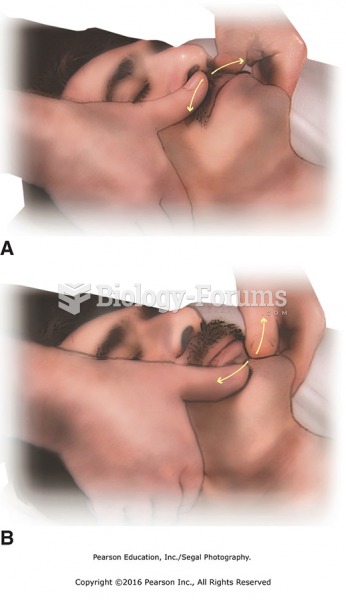|
|
|
More than 20 million Americans cite use of marijuana within the past 30 days, according to the National Survey on Drug Use and Health (NSDUH). More than 8 million admit to using it almost every day.
The human body's pharmacokinetics are quite varied. Our hair holds onto drugs longer than our urine, blood, or saliva. For example, alcohol can be detected in the hair for up to 90 days after it was consumed. The same is true for marijuana, cocaine, ecstasy, heroin, methamphetamine, and nicotine.
Automated pill dispensing systems have alarms to alert patients when the correct dosing time has arrived. Most systems work with many varieties of medications, so patients who are taking a variety of drugs can still be in control of their dose regimen.
Medication errors are three times higher among children and infants than with adults.
There used to be a metric calendar, as well as metric clocks. The metric calendar, or "French Republican Calendar" divided the year into 12 months, but each month was divided into three 10-day weeks. Each day had 10 decimal hours. Each hour had 100 decimal minutes. Due to lack of popularity, the metric clocks and calendars were ended in 1795, three years after they had been first marketed.
 (a) The phagocytic process, beginning in the upper left with bacterial attachment and phagocytic ...
(a) The phagocytic process, beginning in the upper left with bacterial attachment and phagocytic ...
 Knead the upper trapezius with one or two hands. Lift, squeeze, and release the soft tissues in a ...
Knead the upper trapezius with one or two hands. Lift, squeeze, and release the soft tissues in a ...





